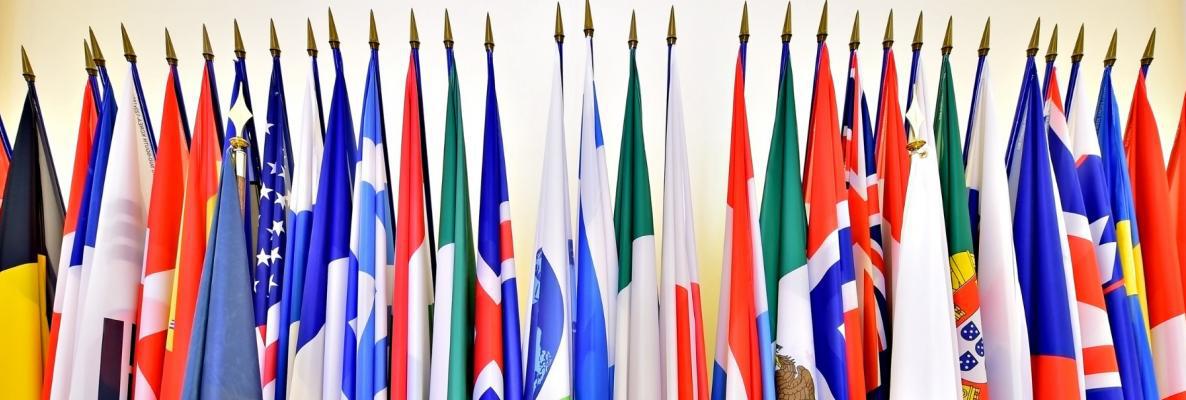
Multilateralism Key to Achieving Climate Goals
UN Climate Change Executive Secretary, Patricia Espinosa, has underlined the critical role of the multilateral process in international climate efforts, stating that multilateralism remains “the world’s vehicle for addressing climate change.”
Citing the final package agreed at last November’s UN Climate Change Conference COP26 in Glasgow, the UN Climate Chief highlighted the significance of approximately 200 nations, all part of the Paris Agreement, coming together and achieving consensus. This was “a victory for multilateralism,” she said, whose ripple effects positively impact not only climate change, but other global issues.
She described the successful outcomes at COP 26 as “the most significant progress since the Paris Agreement was adopted.” However, she cautioned that multilateralism is currently being outpaced by climate change and called on countries to turn that around.
Ms. Espinosa made the remarked at the Energy and Resources Institute (TERI)’s World Sustainable Development Summit, where she called for continued global action to reach for the highest possible goals, this year and at COP 27, to fulfil the promises of the Paris Agreement.
To meet these goals, the UN Climate Chief stressed the need for multilateralism to continue to evolve. In this regard, UN Climate Change has embraced “inclusive multilateralism,” - going beyond its traditional definition and bringing more groups to the table, including non-party stakeholders such as youth, women, Indigenous Groups and many others.
This is essential to address the further work that remains to be done on emission reductions, adaptation to climate change, loss and damage, and on finance, to meet the goal of providing U$100 billion annually in support to developing countries.
Ms. Espinosa also called for much stronger national climate action plans (NDCs) and long-term climate strategies by all nations, especially G20 nations. She called on businesses to transform and become more sustainable and urged people to re-examine how they consume and to make choices resulting in a more resilient planet.
The multilateral achievements in Glasgow include: Completion of the Paris Agreement rulebook that enables countries to focus on implementing climate action; the trading of carbon credits becoming operational; completion of the enhanced transparency framework (ETF) which will build crucial trust between nations; and strengthening of the Santiago Network, providing technical support for countries to address loss and damage related to climate change.
A further major achievement at COP26 was agreement on phasing down unabated coal power, along with phasing out inefficient fossil fuel subsidies.